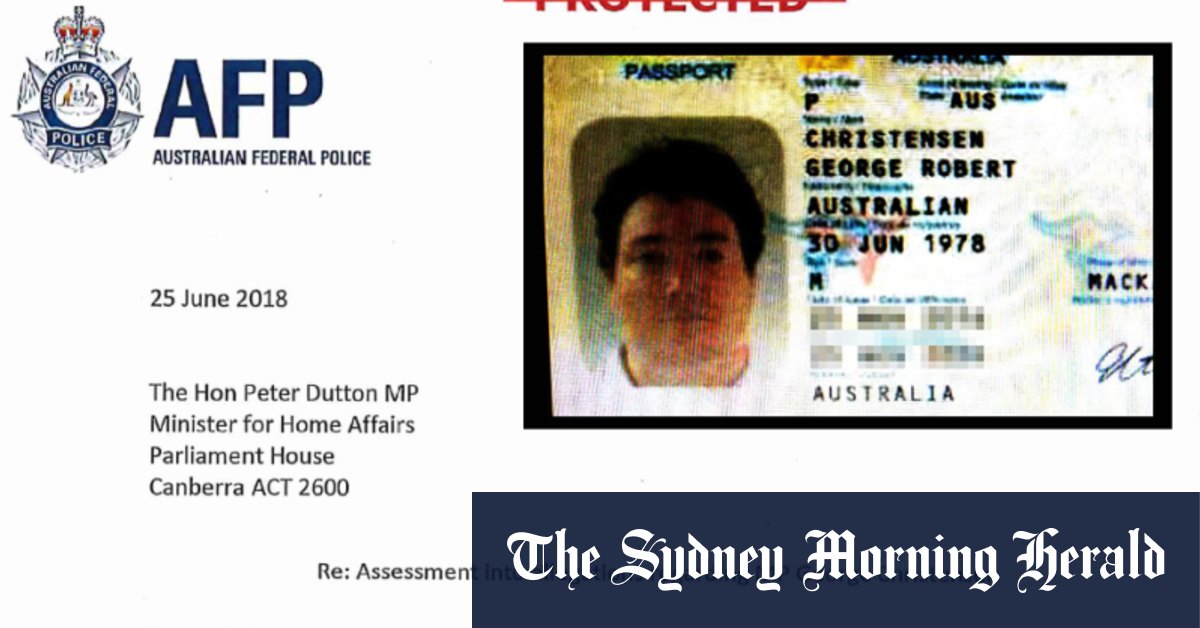“The AFP has completed a thorough assessment in relation to this matter, with no criminal conduct on the part of Mr Christensen being identified,” the letter says.
“The assessment did reveal, however, that Mr Christensen undertakes extensive international travel to Southeast Asia during non-sitting periods and has engaged in activities that could potentially place him at risk of being targeted for compromise by foreign interests.”
“On May 24, 2018, the AFP met with Mr Christensen and informed him of the potential risk of compromise.”
The letter did not go into detail about the nature of Christensen’s alleged “activities” in Southeast Asia.
This masthead has previously reported that a staff member at an adult entertainment bar in Angeles City claimed Christensen was a regular at the venue.
loading
At the height of the AFP’s probe, Dutton and then-prime minister Malcolm Turnbull discussed the prospect of disendorsing Christensen before the 2019 election, according to multiple Liberal sources. But the matter was complicated by the fact that Christensen was a Nationals MP.
Christensen, who has a Filipina wife, has attacked media coverage of his visits to the Philippines as a “vile smear” and insisted he did nothing wrong.
Asked last year why he was fighting the release of the document, Christensen said: “I am not happy with documents that basically falsely accuse me of a serious crime being made public because, therefore, people will get to then report what you are falsely accused of and that’s just wrong for anyone.”
Turnbull, former deputy prime minister Michael McCormack, Dutton and Nationals Leader Barnaby Joyce were all briefed on the probe at least once by the AFP.
loading
In her decision handed down on June 30, Information Commissioner Angelene Falk rejected the AFP’s submissions that the release of the document was an unreasonable disclosure of Christensen’s personal information, saying personal privacy considerations were outweighed by the public interest.
“I am persuaded that a public purpose would be served through the release of the document by increasing scrutiny, discussion, comment and review of government’s activities in accordance with … the FOI Act,” Falk said in her decision. “I am satisfied that disclosure would not be unreasonable in this case.”
The AFP also argued the release of the letter would damage the security of the Commonwealth and have a “substantial adverse effect” on its operations by compromising the “provision of frank and candid briefings to the minister of home affairs in relation to sensitive matters”.
loading
But after inspecting the document, Falk said she was “not satisfied that the AFP has discharged its onus” in establishing that the document’s release would adversely affect its operations.
Christensen had not responded to requests for comment at the time of publication.
Cut through the noise of federal politics with news, views and expert analysis from Jacqueline Maley. Subscribers can sign up to our weekly Inside Politics newsletter here.
